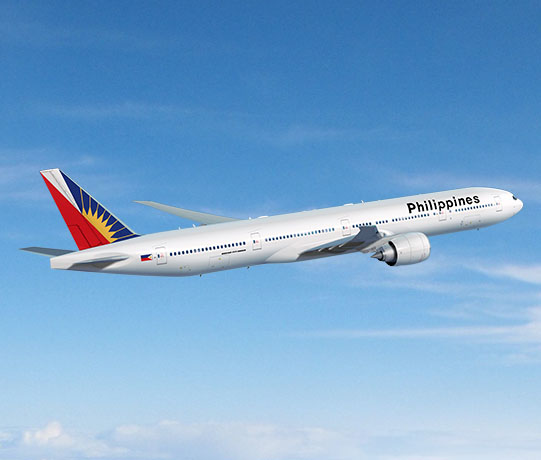-
Philippine Airlines (PAL) will keep growing its cargo business, which has become its “lifeline” during the COVID-19 pandemic
-
For its expanded cargo operations, PAL is using its fleet of big bellied, wide-body aircraft, taking advantage of its route connections, and tapping new markets
-
PAL will also continue to develop and expand its cargo market and network even as passenger traffic rebounds
-
PAL has operated more than 1,500 cargo flights system-wide, including 700 international flights on routes to four continents
Philippine Airlines (PAL) will continue to grow its cargo business, which has become a “lifeline” during the COVID-19 pandemic.
“Our decision to pivot to an expanded cargo business has really been a lifeline to PAL during this pandemic,” PAL senior vice president and chief strategy and planning officer Dexter Lee said.
The cargo mission “allowed PAL to keep the airline flying and earning revenues,” he added in a presentation during the recent virtual Logistics Summit hosted by the United Portusers Confederation and the Procurement and Supply Institute of Asia.
Lee said PAL saw an opportunity to use its parked aircraft to help alleviate the “cargo crunch” due to the pandemic and to expand its cargo operations.
He said that despite the continuing increase in demand for cargo globally, aircraft capacity was declining due to lost belly cargo capacity from commercial aviation brought by the significant decline in passenger traffic.
He noted that in January 2021, there was a 1% increase in cargo demand globally but capacity declined by 19%. In February, cargo demand grew 9% but cargo capacity dropped by 15%.
For Asia Pacific, cargo demand rose 10.5% in February 2021, but capacity fell 24%.
Moreover, Lee added that at the height of the pandemic, “the Philippine economy needed critical supply lines flowing.”
He said that in the second and third quarter of 2020, urgent demand was mainly for medical supplies including personal protective equipment (PPE), while demand for traditional air cargo such as electronics and garments made a comeback in the fourth quarter.
For its expanded cargo operations, Lee said the company uses its fleet of big bellied, wide-body aircraft and takes advantage of its routes connecting Australasia with Europe and North America.
He noted that the “biggest commitment” the airline has made with its expanded cargo operations is to mount all-cargo flights on its wide-body aircraft and use the cabins to carry more shipments. He said many of the airline’s flights have cabins loaded with medicine and PPEs, while smaller packages were secured in overhead bins.
The airline also taps new markets for freight such as New Delhi, India; Yangon, China; and the U.S. Midwest.
Lee said notable in particular are the cargo flights to Rickenbacker International Airport, a quasi-military airport in Columbus, Ohio, where PAL has flown more than 20 non-stop flights. Lee said the airport is the first link between the Philippines and the American Midwest since PAL discontinued flights to Chicago in the 1980s.
Domestically, PAL used Cebu as a key hub to provide additional airport capacity for cargo from Bangkok and several Japanese cities.
Early in the pandemic, PAL also flew to Changsa in China to pick up COVID-19 testing equipment to build up the Philippines’ testing capability. Currently, PAL is handling the transport of COVID-19 vaccines purchased by the government from Chinese manufacturer Sinovac Biotech Corp.
To date, Lee said PAL has operated more than 1,500 cargo flights system-wide, including 700 international flights on routes to four continents.
“Looking forward to the future, we will continue to develop the cargo market and expand our cargo network even as we see, slowly but surely, passenger traffic rebounding,” Lee said.
“As Philippine Airlines continues to transform and adapt to the new global environment, cargo is becoming a significant pillar of our business,” Lee noted. – Roumina Pablo





